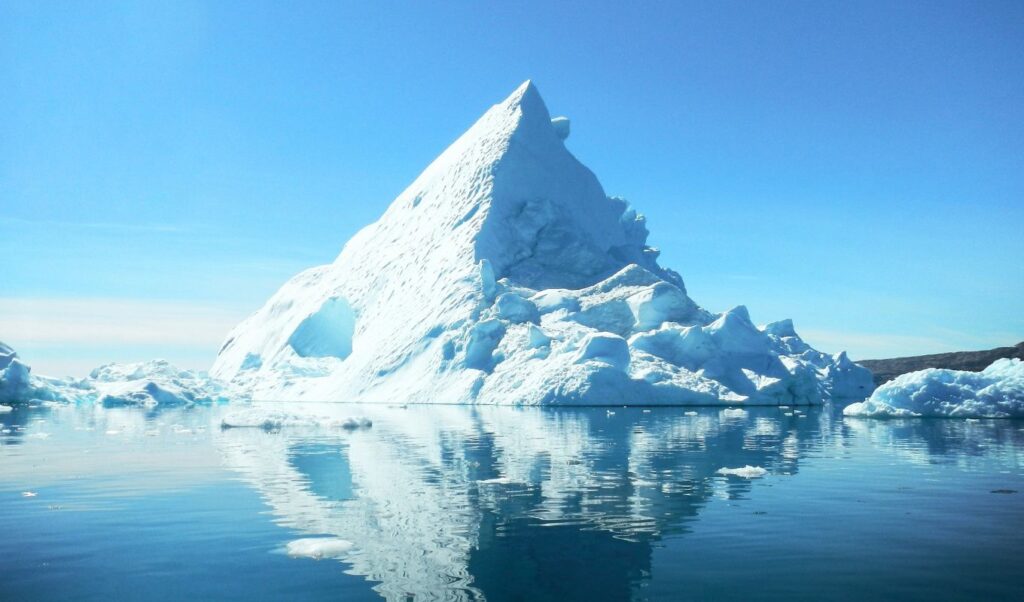The melting of ice in the Arctic shows remarkable deceleration over the past twenty years, according to a new scientific study published in Geophysical Research Letters. Researchers document that since 2005, there has been no statistically significant reduction in sea ice extent, a finding that surprises the scientific community.
Read: Climate crisis: Glacier melting increases likelihood of volcanic eruptions
The Arctic appears to resist despite climate pressure
The finding is particularly surprising given that carbon dioxide emissions from fossil fuels continue their upward trajectory, trapping increasing amounts of heat in the atmosphere. Despite climate pressure, the Arctic appears to temporarily resist the impacts of global warming.
Natural fluctuations as a protective mechanism
The scientific team attributes this respite in ice melting to natural fluctuations in ocean currents. These variations limit melting, temporarily neutralizing rising global temperatures. Multi-decadal changes in Atlantic and Pacific currents affect the amount of warm water reaching the Arctic region.
Warning of accelerated melting ahead
Researchers emphasize this is a temporary situation. The study predicts that ice melting will resume at double the long-term average rate within the next five to ten years. Lead researcher Dr. Mark England explains: “The change in natural variation has given us extra time, but it’s temporary. When it ends, it won’t be pleasant news.”
Continued ice loss despite the slowdown
The study does not indicate Arctic ice recovery. Sea ice extent in September, when it reaches its annual minimum, has halved since 1979, when satellite observations began. Meanwhile, volume loss continues unabated:
- Since 2010, average thickness in October decreases by 0.6 centimeters annually
- The slowdown is observed in all months of the year
- Climate models show such periods occur twice per century
Long-term implications and climate reality
Professor Julienne Stroeve reminds us that internal climate variability can “freeze” trends for years without changing the long-term trajectory. Despite temporary stabilization, the Arctic is expected to experience ice-free periods later this century, with serious consequences for humans, wildlife, and global warming. Scientists emphasize that climate change remains “unquestionably real” and anthropogenic. The need for immediate action against the climate crisis remains unchanged, as the temporary slowdown in ice melting does not prove that the climate threat has subsided.




